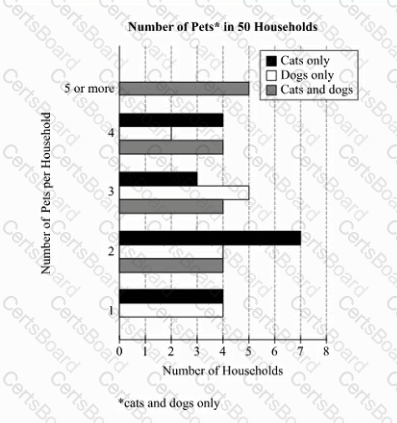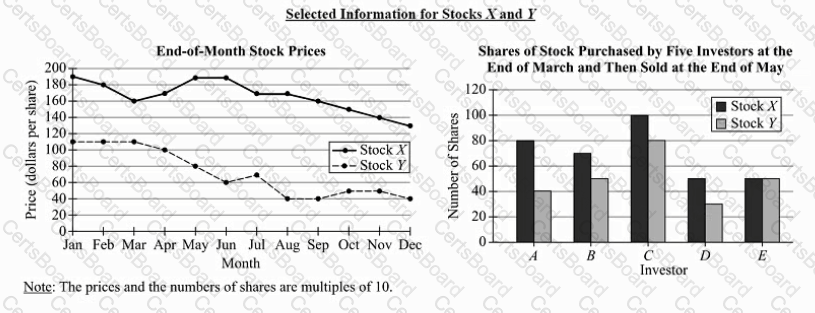A certain train will travel from City A to City B. and then back to City A along the same route. The train is scheduled to spend a total of T hours traveling lime for the round-trip. The train travels from City A to City B in 13 hours, traveling at an average speed of 25 miles per hour. If the train is to arrive exactly on schedule, at what average speed must the train travel from City B to City A ?
A)

B)

C)

D)

E)

The following appeared in a letter to the editor of a Batavia newspaper
"The department of agriculture in Batavia reports that the number of dairy farms throughout the country is now 25 percent greater than it was 10 years ago. Dunne this same time period, however, the price of milk at the local Excello Food Market has increased from SI.50 to over S3.00 per gallon. To prevent farmers from continuing to receive excessive profits on an apparently increased supply of milk, the Batavia government should begin to regulate retail milk prices Such regulation is necessary to ensure fair prices for consumers."
Write a response in which you discuss what questions would need to be answered in order to decide whether the recommendation is likely to have the predicted result Be sure to explain how the answers to these questions would help to evaluate the recommendation
Exhibit.

The 50 households are grouped according to the number of pets per household. For the group with the greatest number of households having cats only, how many households have dogs only?
Robert Philip argues that the advent of recorded music has directed performance style into a search for greater precision and perfection, with a consequent loss of spontaneity and warmth. Various expressive devices once common in classical music have been almost outlawed, including portamento (sliding from one note to another on a stringed instrument), playing the piano with the hands not quite synchronized, and flexibility of tempo. Philip fully documents these changes. However, other forces independent of recording were also at work. For example, the freedom of tempo so valued by Philip was. in its time, both a necessary expedient and disastrously abused. Recording alone did not cause the reaction against it. although hearing a particularly unintelligent use of it on disc may have reinforced the prejudice.
A criticism of Philip implied by the passage is that he

Of the 2.896 people who voted on a certain issue. the number who voted yes and the number who voted no are shown in the table. classified by age-group. Which of the following statements are true?
Indicate all such statements.
Economists use two competing models to describe the effects of commercial advertising—advertising as market competition and advertising as market power. The market competition model holds that the fundamental function of advertising is lo provide information about products and brands. It is argued that information in ads permits greater marketplace efficiencies, such as lower prices and reduced monopoly power. In a similar vein, much discussion regarding political advertising has rested on its informational value. Does political advertising provide political information and help voters make informed decisions'1 Nelson argues that promoting bars of soap in commercial ads is no different than promoting political ideas ideology from political candidates in political ads. on the grounds that information is being distributed m both cases. Others, such as Ferguson and Jamieson, disagree with Nelson's proposition. Ferguson, for example, pointed out that choosing a political candidate is more like buying an experience good (where the quality is hard to evaluate prior to purchase) rather than a search good (where the quality is easily evaluated before the purchase). According to Ferguson, claims in political ads do not have true informational value, because it is difficult for voters to draw inferences about the future deeds of a candidate from what the ads say Furthermore. Jamieson argues that political ads reshape the public image of political candidates and change voters feelings about the candidates with subtle emotional cues but without substantive information upon which to base a reasoned judgment.
In the context of the passage as a whole, the highlighted sentence serves primarily to
Exhibit.

The variance of n numerical data x1, x2, x3, , , , , xn with the mean x is equal to  were S is the sum of the equal differences
were S is the sum of the equal differences  for
for 
For the shares of stock purchased and then sold by the investors shown, the mean of the 5 numbers for Stock Y is 50 and the corresponding mean for Stock X is 70. The variance of the 5 numbers for Stock }' is what fraction of the corresponding variance for Stock X ?
A)

B)

C)

D)

E)
